Fatti di bio
-
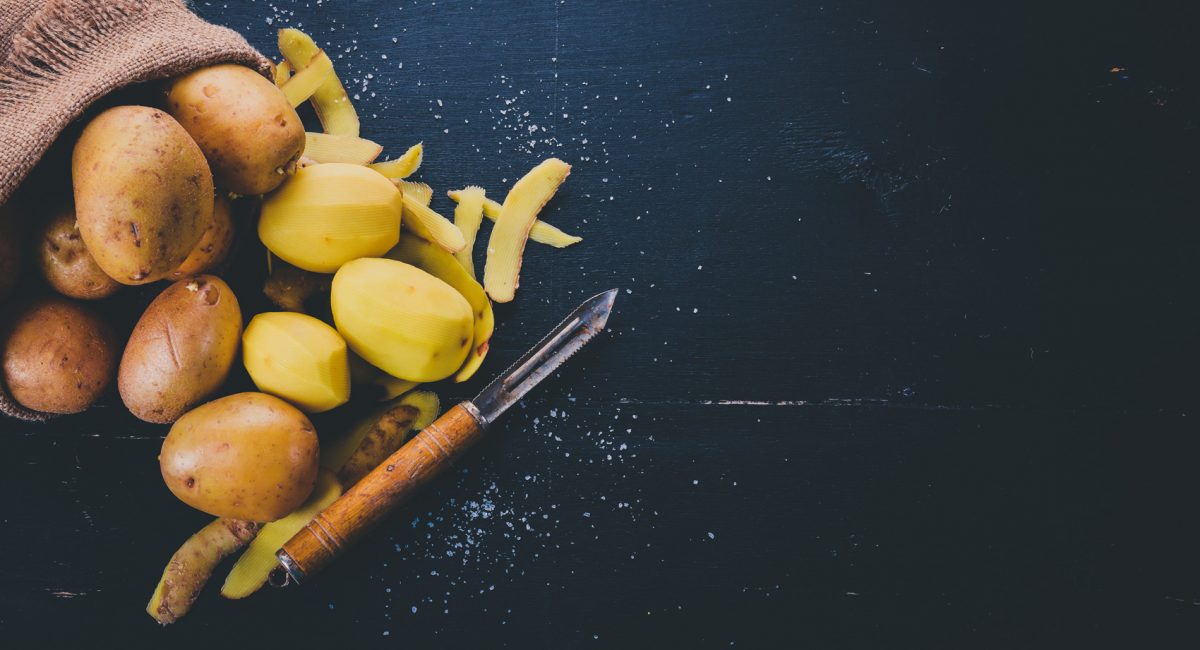
Acrylamide, chips and food safety: how to protect children
Acrylamide is a chemical substance that forms naturally when foods containing sugars or starch are cooked at high temperatures (oven-baked, grilled or fried).Read more -
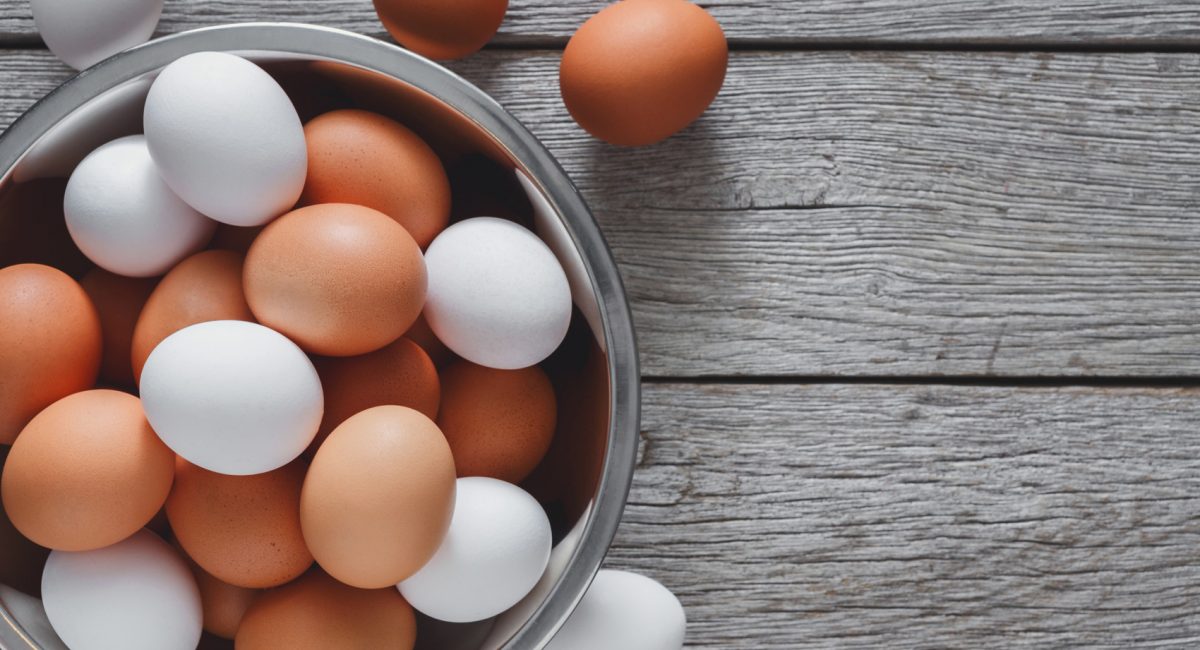
Vitamin B12 deficiency - not only vegans are at risk
Vitamin B12 is important for the proper formation of red blood cells, nerve function and DNA synthesis. It is naturally present in sardines ...Read more -
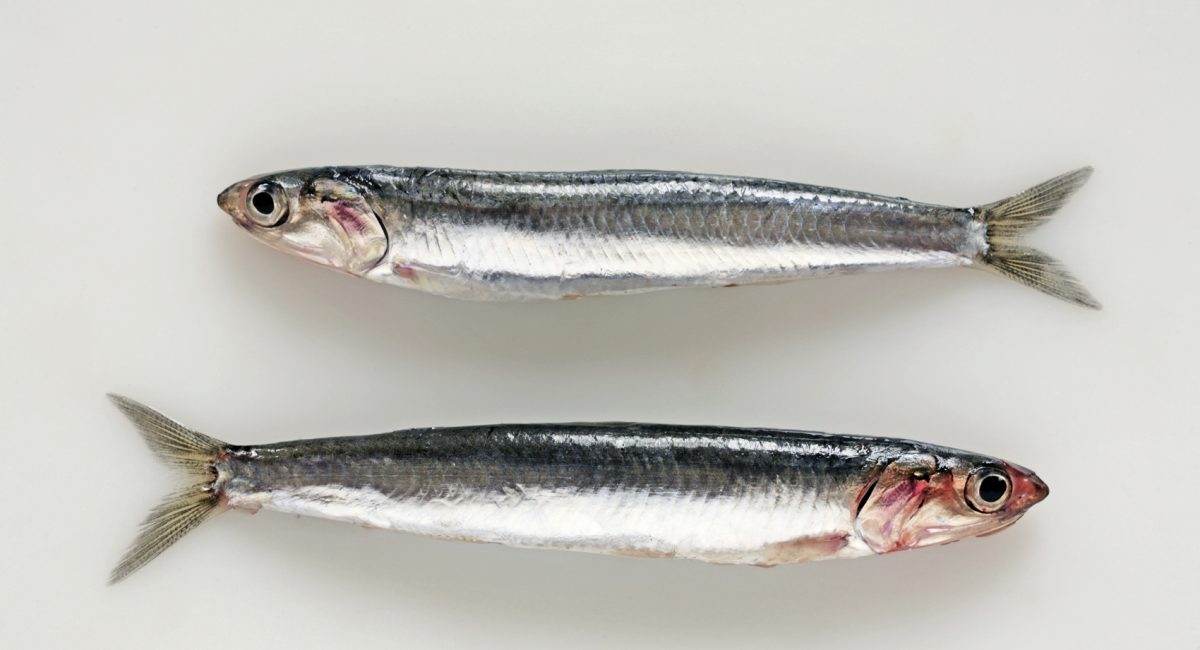
Children who eat fish sleep better and are more intelligent
Children who eat fish at least once per week sleep better and have a higher intelligence quotient (IQ) than children who eat fish less regularly.Read more -
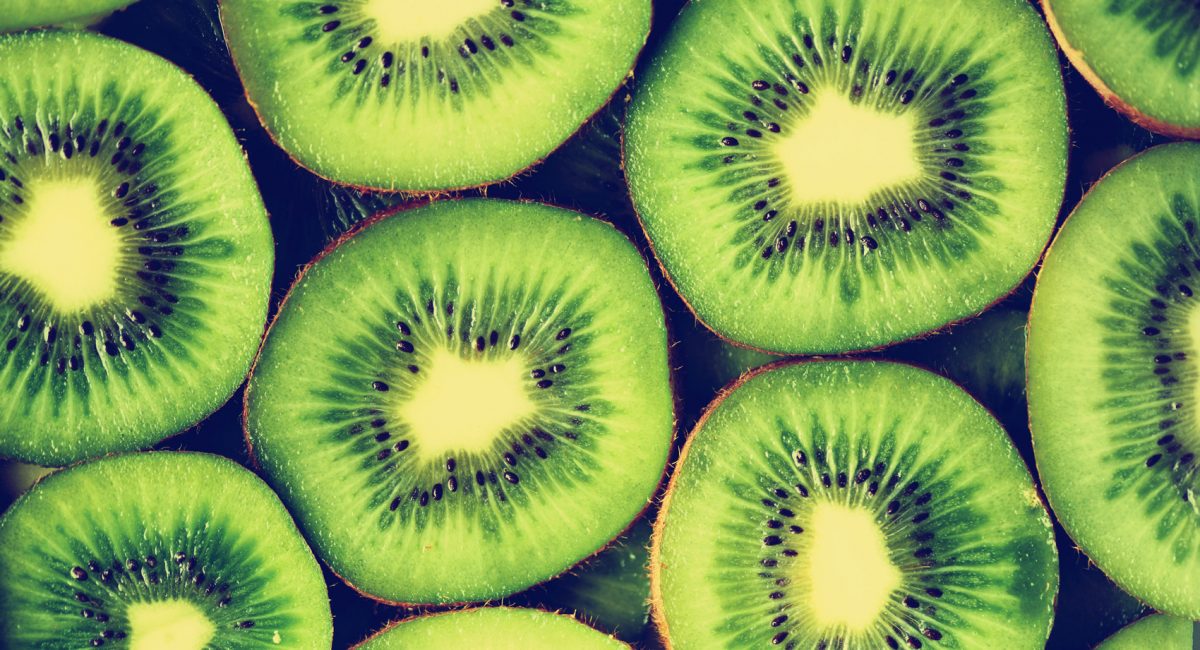
The FODMAP diet and chronic intestinal inflammation
Irritable bowel syndrome (IBS) is a common gastrointestinal (GI) ailment that affects many people and is characterised by gastrointestinal symptoms such as abdominal bloating and distension, flatulence and changes in...Read more -
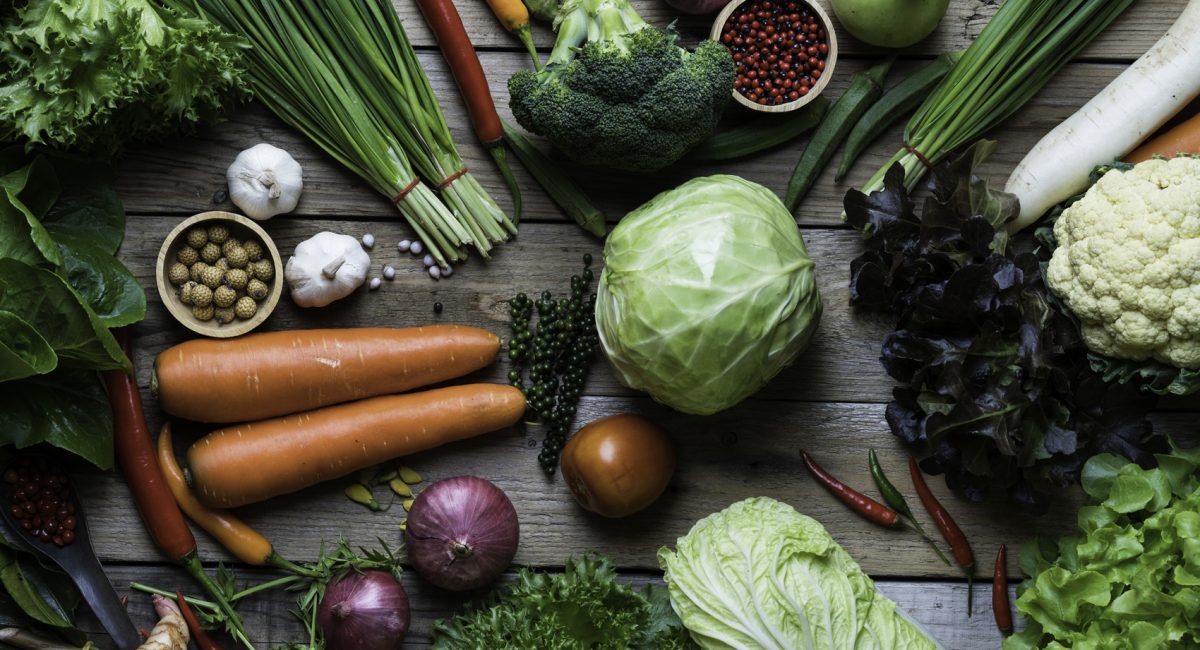
Polycystic ovary syndrome: how to help ourselves through diet
Polycystic ovary syndrome (PCOS) is generally characterised by irregular periods or no menstruation at all. Women with PCOS generally have more cysts in their ovaries, caused by the excess production...Read more -
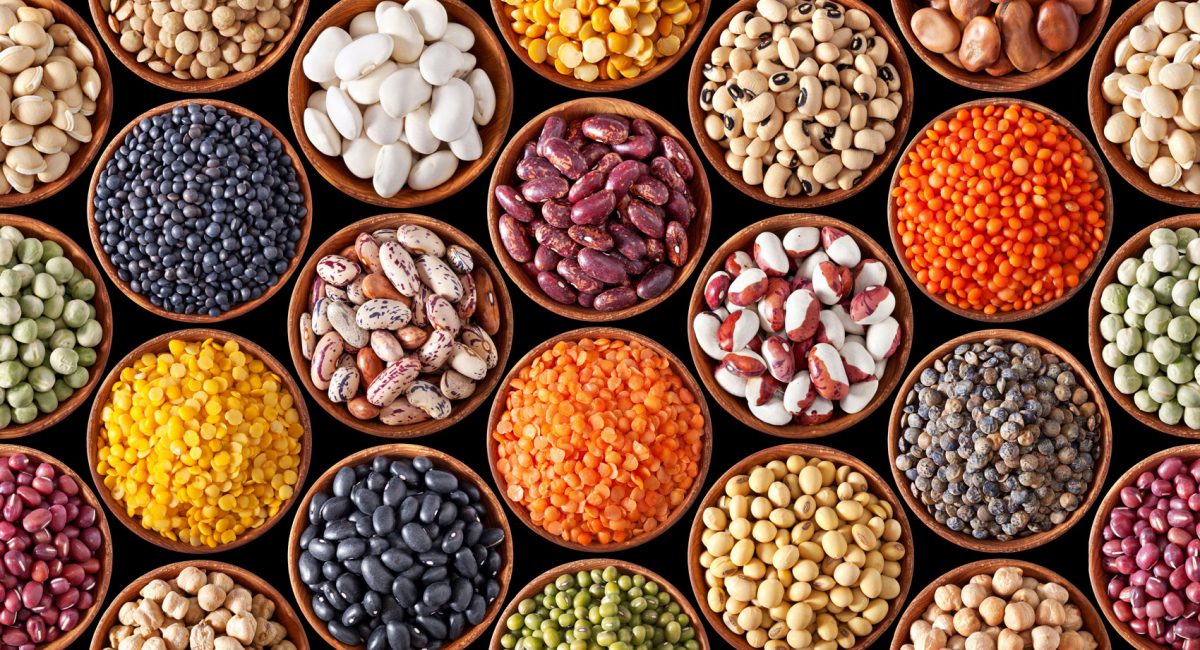
Zinc: a precious trace element for our health
Zinc is an essential mineral found in all our organs, tissues and bodily fluids. After iron, it is the second most copious trace element.Read more -
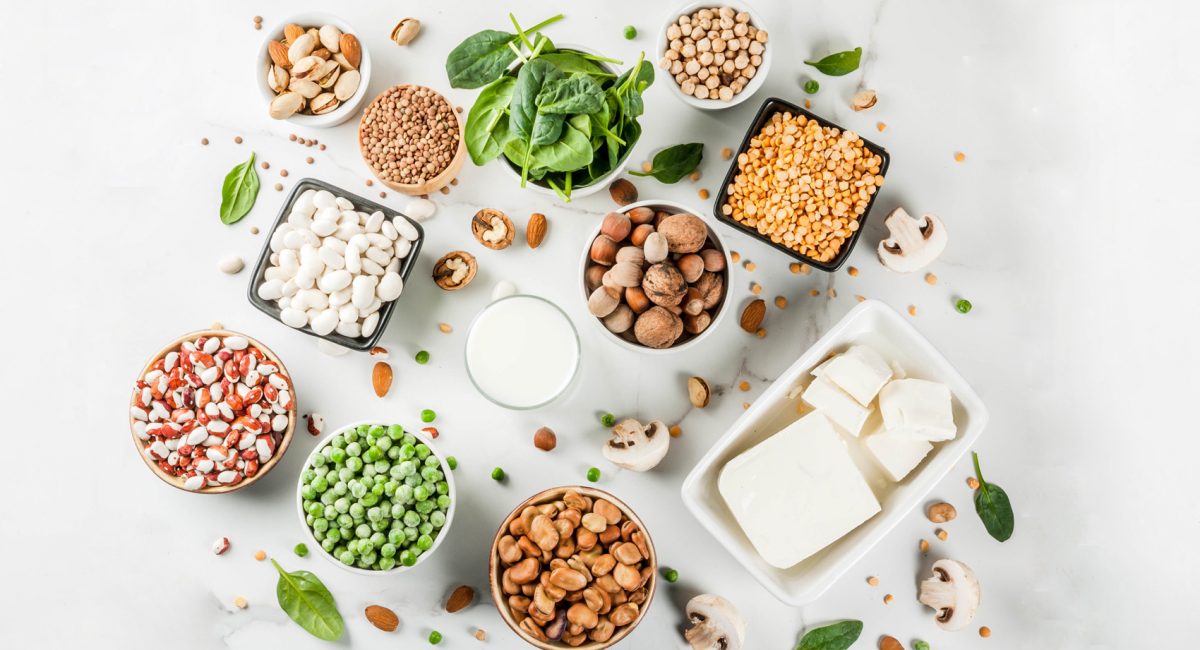
Getting back in shape quickly: the ketogenic diet
A correct body weight is synonymous with health and this is why we must be careful to avoid putting on weight by eating properly and doing regular physical exercise.Read more -

From sport to a healthy diet, a handbook for families
Ten dietary rules for kids who play sport These suggestions were made by Prof. Sergio Bernasconi during the “Let’s play – Sport and a proper diet for a healthier lifestyleRead more -
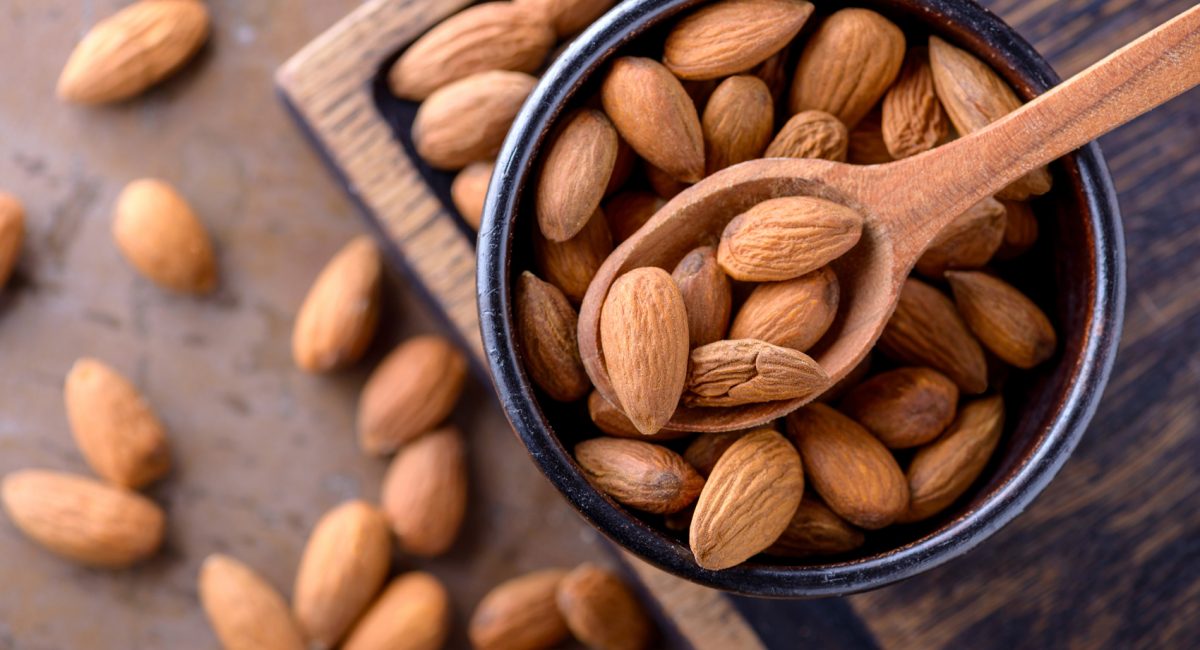
A vitamin D deficiency? It can also be linked to a lack of magnesium
An adequate balance of magnesium and vitamin D is essential for the proper physiological functioning of the various organs. Inadequate vitamin D or magnesium levels can lead to serious organ...Read more -

24-36 months
The child is increasingly autonomous and will have learned to eat alone, developing specific tastes and preferring certain foods over others...Read more -

Sport begins in the kitchen (part 2)
In order to formulate a diet to suit the type of sport you practise, you need to know what type of energy is utilised during the activity. I...Read more -
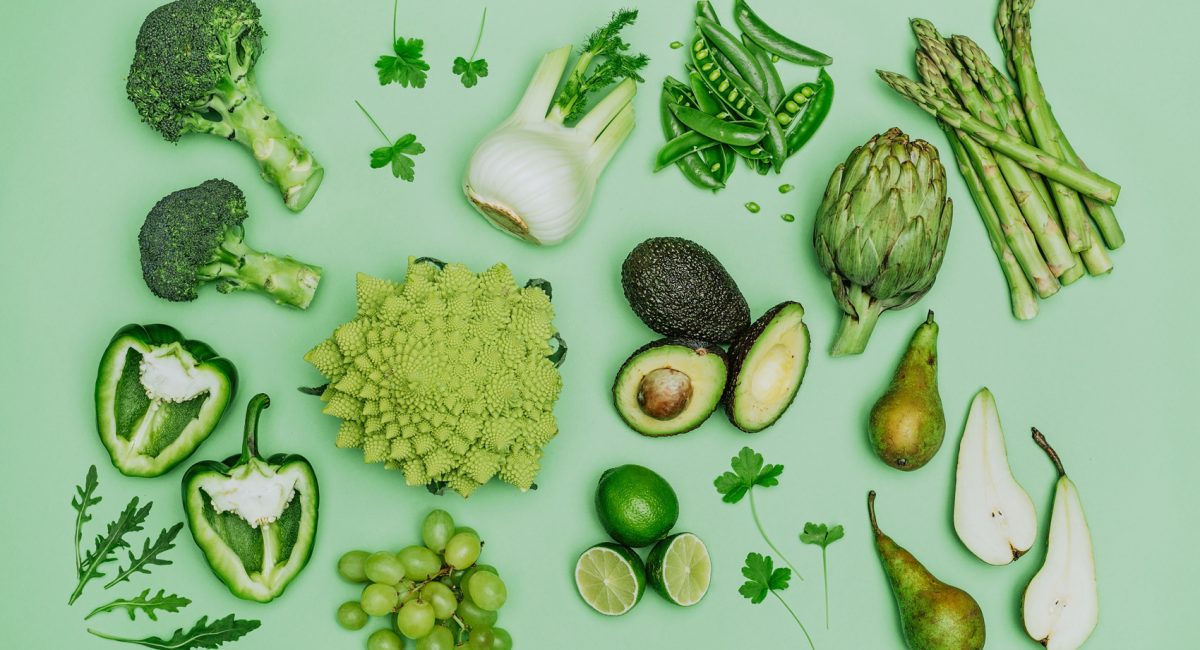
Healthy diet, healthy lungs
We now know that there is a link between the consumption of foods with a high energy content due to their saturated fats, refined carbohydrates (or sugars) and sodiumRead more -

Food is a discovery (18-24 months)
By 18 months, a child is often autonomous and starts to use cutlery to eat on their own, although they may well be tired and want to be helped. Parents...Read more













